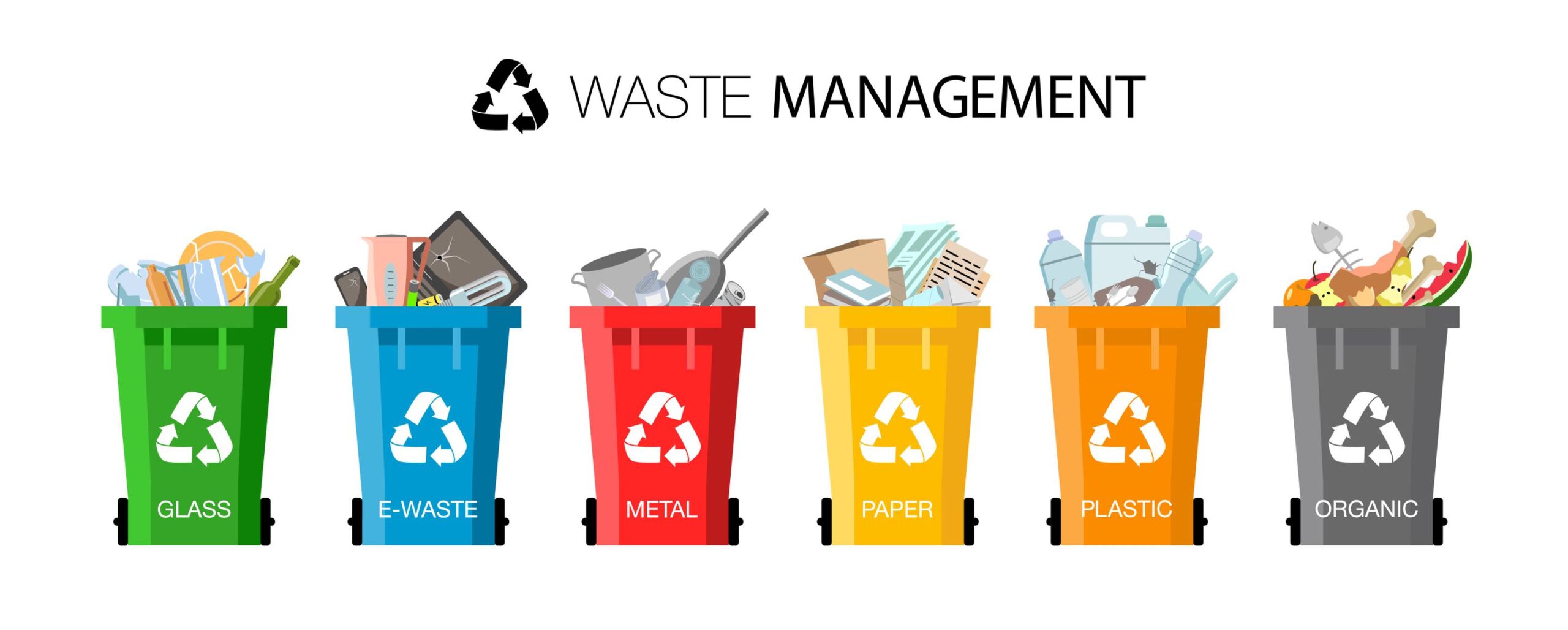The Difficulty of Recycling in Ridgewood
Since China closed it’s doors to our recyclables, most manufacturers have put restrictions on what they will accept. Some items that were previously recyclable, are not currently recycled. Especially Clamshells, or deli containers. Some private haulers do not care about what they collect because they are not held responsible. We strive to only collect what our manufacturer demands. The more undesirable items in our load, the greater the cost is to Ridgewood because of the labor it takes to remove. It is then taken out and thrown away as trash. Hopefully in the near future, either restaurants will stop using these containers, or a more valuable resource will be found. Happy New Year.
Plastic clamshells: Clamshells are those containers (often hinged) that salad greens, cherry tomatoes, and deli salads and sandwiches are packed in.

Many newer plastics, like these deli containers, are not as valuable in the recycling market.
It’s confusing though, because a lot of these plastics have a number on them, surrounded by a triangle of arrows. That means they’re recyclable, right?These containers, along with some other similar plastics, are not recyclable at home. These became common more recently, so some sorting facilities don’t have the machinery to deal with them. And the plastic they’re made of can be harder to sell to recyclers.
“Ignore the arrows. Ignore the numbers,”.
The number is an indicator to industry insiders – it tells them what kind of resin is in the plastic and what its properties are.
But “as far as what [kind of plastic] goes in the curbside bin,” says Marilyn Derksen, also a long-time staffer at Metro’s Recycling Information Center, “the number doesn’t mean doodah.”

Paper
Everything from junk mail to newspapers to egg cartons (the paper ones) goes in your home recycling bin. You can also recycle milk and juice cartons, as well as aseptic containers that allow soup, broth and soy milk to be stored at room-temperature. These containers are not 100 percent paper, but because the manufacturers of these kinds of cartons have invested in ways to collect and recycle them they’re a part of the home recycling system.
What stays out
Frozen and refrigerated food boxes: Keep food boxes that go in the freezer or refrigerator out of your home recycling. Think waffles, popsicles or butter boxes. They may not seem different from cereal or cookie boxes but they are made with a plastic that keeps them from getting soggy when exposed to moisture. Milk, juice and aseptic cartons are layered rather than penetrated with plastic, making the materials easier to separate.
Paper cups: This goes for water cups and coffee cups. That’s right. Coffee cups go in the garbage. Like freezer boxes, “paper” cups are also made with plastic so they don’t dissolve into a sodden mass when filled with hot coffee.
The added plastic, says Derksen, means that when they end up at a mill for recycling, they don’t break down in the paper-making process. “Everything goes into a water bath where it’s supposed to fall apart,” she says, but freezer boxes and paper cups stay whole, contaminating the mixture.”
A cost-efficient recycling system depends on making sure recyclables are actually recycled once they leave your bin. So mucking them up with the stuff that doesn’t belong there – that either slows the sorting lines like plastic bags do, or makes other recyclables less marketable like lids can – eventually drives up costs for everyone.
Pizza boxes: Although they’re cardboard, pizza boxes are often soaked with grease. In the City of Portland, you can toss pizza boxes in the food scraps bin. Otherwise they go in the garbage.
